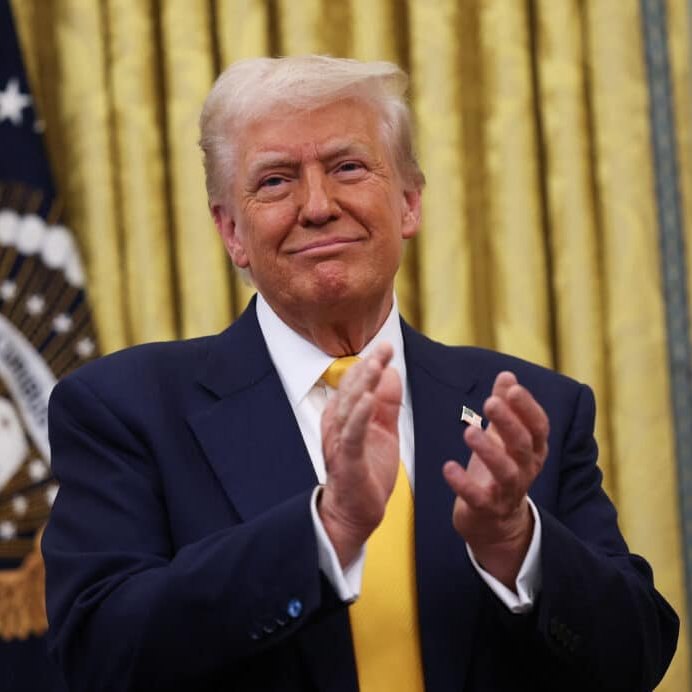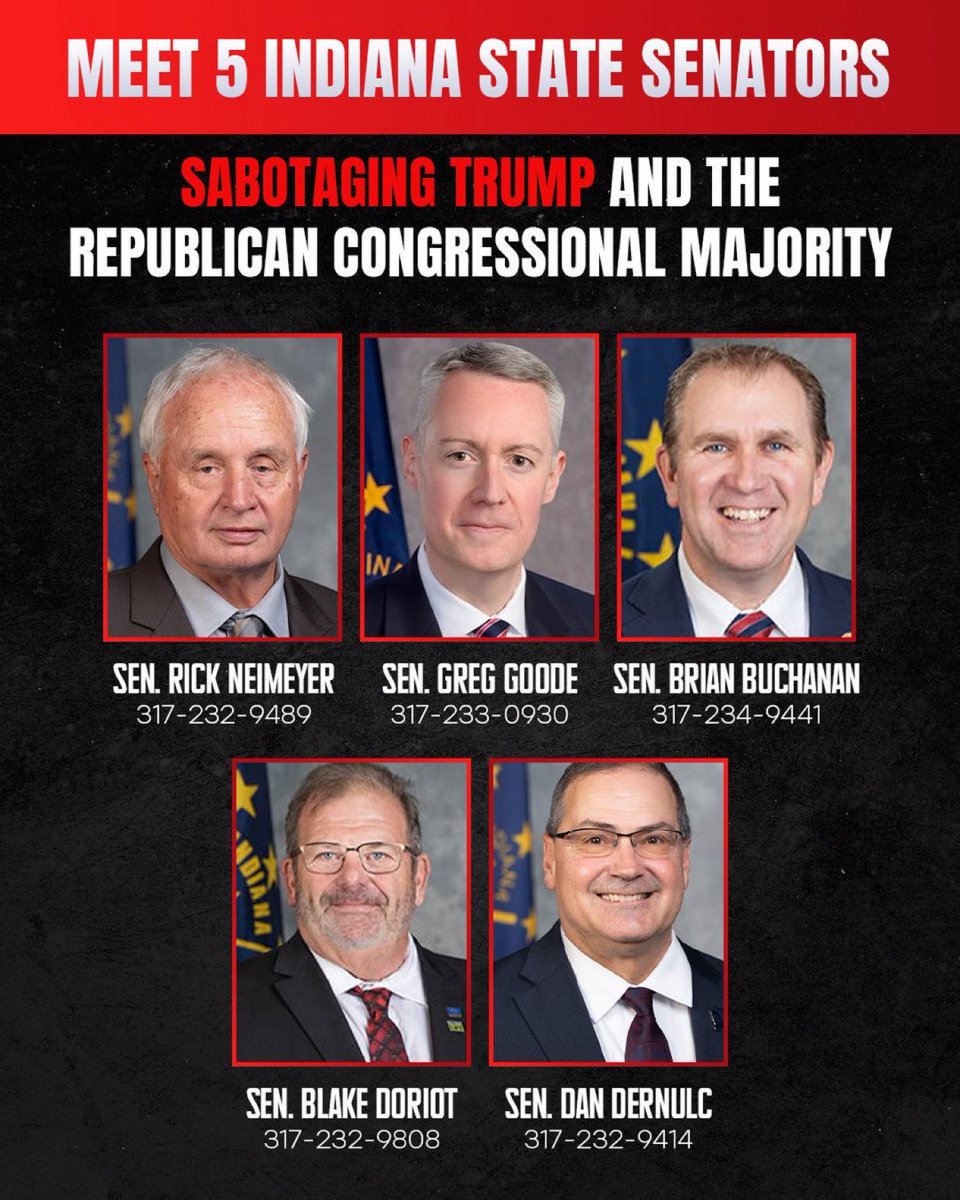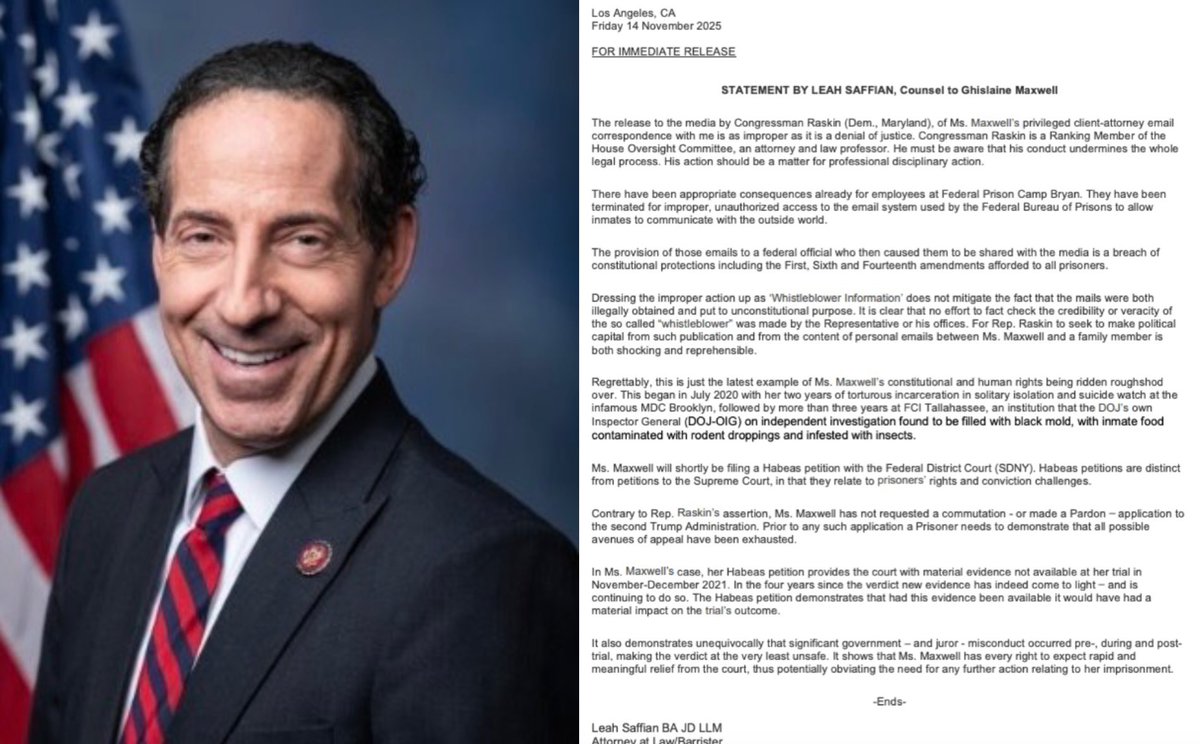Trump Plans Legal Action Against BBC Over Edited Clips
Former President Donald Trump has announced his intention to sue the British Broadcasting Corporation (BBC) for what he describes as the network's misleading editing of video clips that portray him as having incited violence during the January 6 Capitol riots. Trump asserts that the BBC has "blatantly and fraudulently" spliced together segments of his speeches to create a false narrative regarding his actions and statements surrounding the events of that day.
In a statement, Trump expressed his reluctance to pursue legal action but emphasized that he feels compelled to do so in order to protect his reputation. "I don’t want to sue, but I feel I must," he said, highlighting the potential impact of the BBC's reporting on his public image. The former president's legal team is currently reviewing the situation to determine the best course of action.
Trump's criticism of the BBC comes amid ongoing debates about media representation and accountability. He has raised concerns not only about his own portrayal but also about the broader implications of media outlets potentially defaming public figures. "Who else has the BBC defamed?" Trump questioned, suggesting that the issue extends beyond his individual case.
The BBC has not yet responded to Trump's allegations. However, the network has faced scrutiny in the past regarding its editorial choices and the framing of news stories, particularly those involving high-profile political figures.
This legal action, if pursued, could set a significant precedent regarding the responsibilities of media organizations in their reporting and editing practices. As the situation develops, it will likely draw attention from both legal experts and media analysts who are keen to understand the implications of Trump's claims and the potential ramifications for journalistic integrity.





